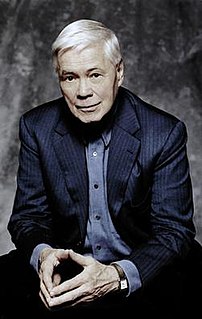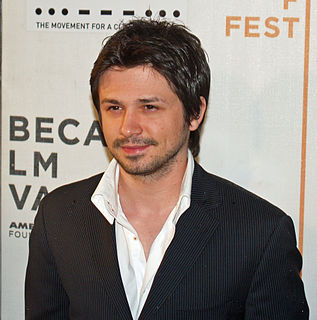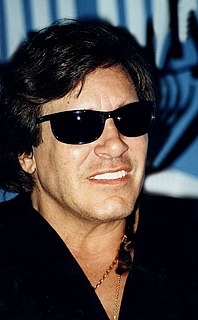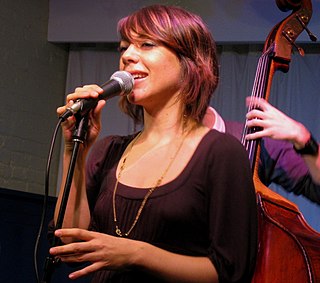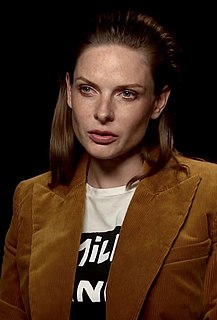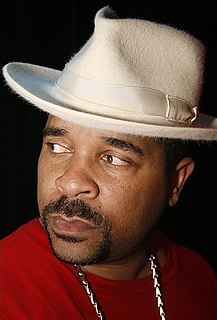A Quote by Dietrich Fischer-Dieskau
...in my lieder concerts, I always strove, when possible, to sing only the works of a single composer, so that the audience could be gradually drawn into a particular creative genius' way of thinking, and could follow him.
Related Quotes
My character on 'Voyager,' because of the way he was presented, I could go either way. I could be a real buffoon, a windbag, be self-involved, and we could get a lot of comic mileage from him. However, the audience accepted me with gravity when I was in a dire situation, so they would follow me in comic or dramatic stories.
It is only by demanding the impossible of the piano that you can obtain from it all that is possible. For the psychologist this means that imagination and desire are ahead of the possible reality. A deaf Beethoven created for the piano sounds never heard before and thus predetermined the development of the piano for several decades to come. The composer's creative spirit imposes on the piano rules to which it gradually conforms. That is the history of the instrument's development. I don't know of any case where the reverse occurred.
My pieces usually are programmed on concerts in which the other works are standard repertoire. My music always sounds very different when it's on a concert of all contemporary music. It always seems to stick out at an odd angle. This also makes me think of a question I sometimes debate with my friends: does the music of a composer directly reflect that composer's personality? This is a difficult one, but I think it usually does.
Creativity has nothing to do with any activity in particular - with painting, poetry, dancing, singing. It has nothing to do with anything in particular. Anything can be creative - you bring that quality to the activity. Activity itself is neither creative nor uncreative. You can paint in an uncreative way. You can sing in an uncreative way. You can clean the floor in a creative way. You can cook in a creative way. Creativity is the quality that you bring to the activity you are doing. It is an attitude, an inner approach - how you look at things.
I was thinking, I could turn him into a fly and drop him into a spider's web and watch him tangled and helpless and struggling, shut into the body of a dying buzzing fly; I could wish him dead until he died.I could fasten him to a tree and keep him there until he grew into the trunk and bark grew over his mouth. if he was under the ground I could walk over him stamping my feet.
